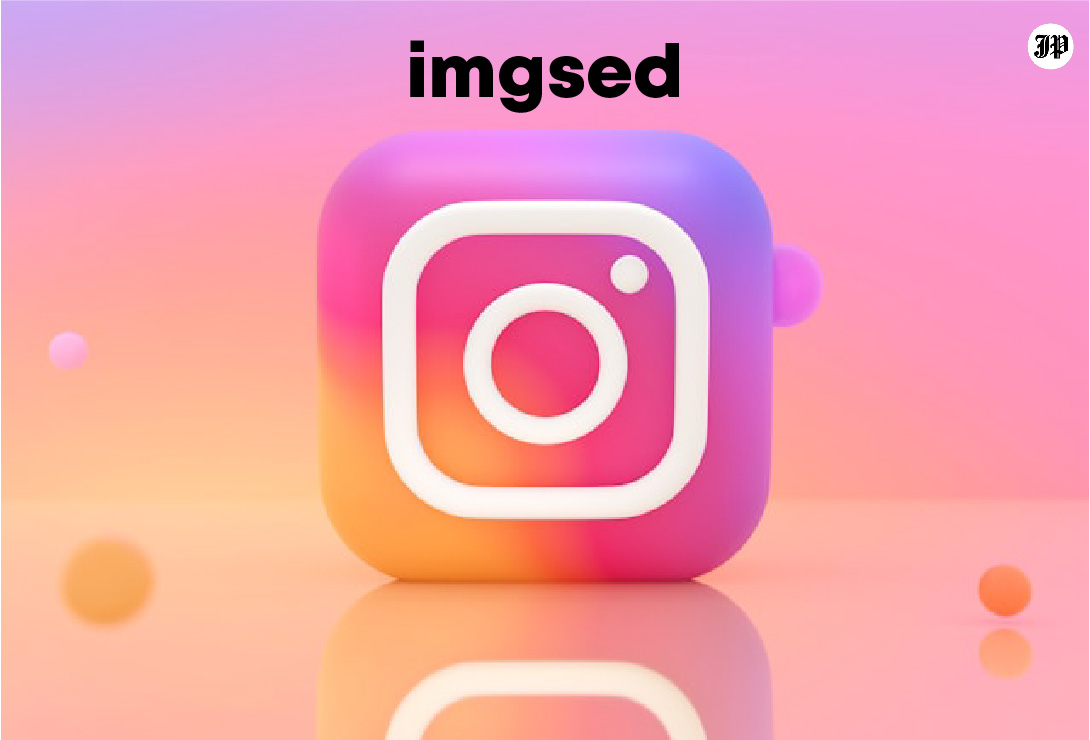
Exclusivenism: The Power of Exclusivity in Modern Society
In today’s fast-paced and highly Exclusivenism connected world, the concept of exclusivity has gained remarkable significance. Whether it’s luxury fashion, private memberships, or limited-edition products, exclusivity has become a status symbol that many individuals and brands strive to achieve. “Exclusivenism” encapsulates this cultural shift toward valuing the unique, the rare, and the hard-to-attain. This article will explore the power of exclusivity, how it influences modern society, and the psychological and economic effects it creates.
What is Exclusivenism?
Exclusivenism is the ideology that values scarcity and limited access as a means to create desirability. It focuses on the appeal of the unattainable or the selective, often used in marketing, branding, and social interactions. By limiting the number of people who can access a product or service, brands create an aura of prestige, driving up demand and elevating their image.
The Psychological Appeal of Exclusivity
Exclusivity taps into a fundamental aspect of human psychology: the desire to belong to an elite group. Social status is often tied to what one can acquire, and when something is exclusive, it signals privilege. People are more likely to covet an item or experience when they believe it’s only available to a select few. This “fear of missing out” (FOMO) intensifies the craving for exclusivity, making it a powerful marketing tool.
Moreover, exclusivity promotes a sense of identity and individuality. Owning a limited-edition product or being part of an exclusive group gives individuals a way to differentiate themselves from the masses. It offers a feeling of superiority, a way to stand out in a world where mass production and mainstream culture can sometimes feel overwhelming.
Economic Impact of Exclusivity
Exclusivity not only appeals to individuals on a personal level but also has a massive impact on market dynamics. In the luxury sector, exclusivity is often a key driver of price inflation. A limited supply naturally leads to higher demand, allowing brands to charge premium prices. This scarcity-based business model is seen in industries ranging from fashion to real estate, where access to certain neighborhoods or properties becomes a badge of social distinction.
Exclusive products often sell out faster, even before they hit the market, thanks to pre-orders or waiting lists. This can lead to a secondary market where the price of the exclusive product skyrockets, sometimes selling for several times its original price.
How Brands Leverage Exclusivenism
Brands today understand the immense power of exclusivity. Limited releases, “invitation-only” memberships, and VIP access programs are ways companies generate buzz and keep their customer base engaged. The rise of social media influencers has further driven the idea of exclusiveness. By gifting exclusive products to influencers, brands amplify the perception that these items are highly desirable, unattainable for the general public, and therefore, more valuable.
Tech companies like Apple and high-end fashion houses such as Louis Vuitton and Gucci are prime examples of how brands utilize exclusivity to elevate their image. Whether through special-edition collaborations or time-sensitive releases, these companies create an atmosphere of anticipation and urgency that drives sales and solidifies their position as premium brands.
The Downsides of Exclusivenism
While exclusivity can boost a brand’s reputation and attract customers, it also has downsides. It can promote elitism and widen social divides. Exclusivenism can make people feel left out or inadequate if they can’t afford or access certain goods or experiences. Additionally, overuse of exclusivity tactics can alienate long-time customers, as they may feel less valued when brands focus solely on high-paying or elite clients.
The Future of Exclusivity
As society becomes more digital and globalized, the desire for exclusivity will likely continue to grow. In the digital world, we’re already seeing new forms of exclusiveness in the form of NFTs (non-fungible tokens), which offer one-of-a-kind digital assets. Whether in the real world or the virtual, exclusivity is here to stay, shaping how we view status, consumption, and identity.
Conclusion
Exclusivenism reflects modern society’s deep-rooted desire for uniqueness, status, and individuality. By tapping into the psychological and economic appeal of exclusivity, brands create demand and elevate their image. However, the rise of exclusivity in modern culture also comes with challenges, such as promoting elitism and widening social divides. As exclusivity continues to evolve, it will remain a powerful force that shapes consumer behavior, brand strategies, and the way we navigate social hierarchies.

